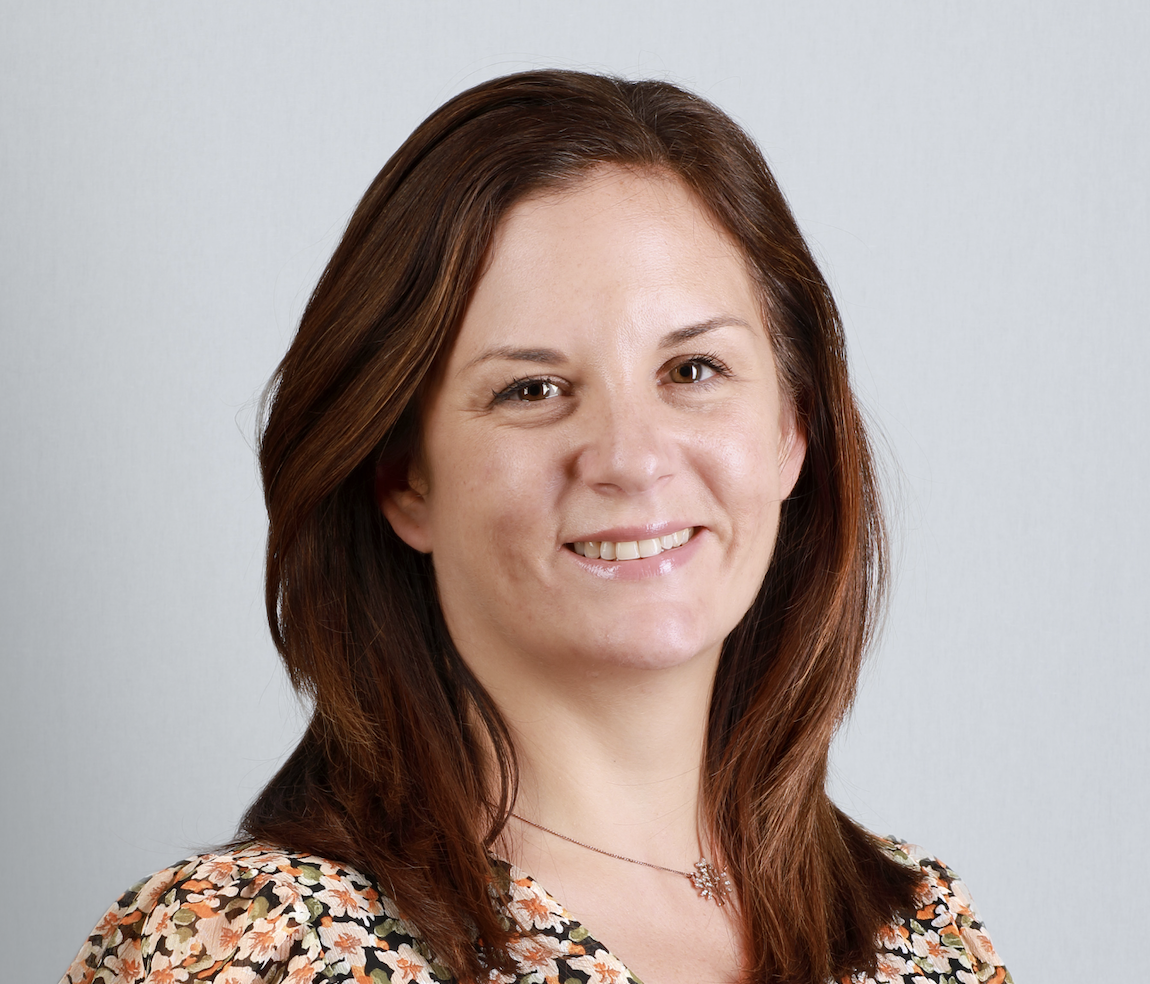Bedrock Healthcare Communications spoke to our new Head of Scientific Services, Louise Adamson, about what got her started in her 15-year career in medical communications, where she sees the industry now and what attracted her to Bedrock. And much more…
What got you interested in a career in medical communications?
Like many people who come into this industry, I love science. I did a PhD and a postdoc and thought, “I know that life in the lab is not for me, but what can I do that uses my scientific background, and that is going to really interest me?” I did quite a lot of science communication outreach during my PhD, I enjoyed writing my thesis and I genuinely love learning about science and medicine, so medical writing sounded like a really interesting career option. I applied to KnowledgePoint 360, now Ashfield Health, and got a place on their writer’s academy as an associate medical writer. The rest is history.
What do you find interesting about MedComms today?
The constant variety. There are so many different things you can get involved with in MedComms. It’s so broad, there’s always something new to learn. There’s certainly a lot more innovation and creativity in this sector now which you see in the work we do with pharma companies. We look to use new formats and channels to communicate data and always try to find ways to make content more accessible to the desired audience. We are seeing an increase in digital opinion leaders in the medical field now who are co-creating and sharing content, really driving the conversation about diseases and treatment options on platforms we all use in our day-to-day lives.
Another aspect I find exciting about MedComms today is the career path opportunities it can provide for medical writers. Being part of a MedComms team allows scientific specialists to gain experience not only of the creation of compelling scientific content, but also the chance be part of a wider agency team, to build strong client relationships, to learn about how a business operates and to support training and development of junior writers. It’s a great industry to join for anyone with a growth mindset and, for me it’s been the constant challenges of developing existing skills and learning new skills that has kept my interest. I’ve never got to a point where I’ve thought, “is this it?”
What’s involved in your new role at Bedrock?
I’m coming in as head of scientific services as part of the senior leadership team. A key part of the role is around driving scientific and strategic excellence and providing strategic council to clients helping them to refine their strategy and build their comms programs through applying our freethinking approach to add value and exceed expectations. Other key aspects of my role are to grow and develop the scientific team ensuring the work we deliver is of the highest quality, accurate and compelling in nature. It’s a really good opportunity for me to grow the scientific team as the business grows and evolve our team skill sets with scientific and strategic excellence at the heart of that.
And what attracted you to Bedrock and influenced you to join?
Bedrock people are very passionate about what they do and that comes from the top down through everyone in the team. People really do live the company values and that’s something that really attracted me to Bedrock and, six weeks in it feels like a good place to be. I also like the fact that we have Origins and Anthem as part of the Resonant group as that really expands our offering and helps us to provide our Bedrock clients with access to wider expertise focused on patient centricity and public relations but with a truly joined up approach for their brands. The company is very ambitious with a good bunch of people all pulling in the right direction. At our recent Resonant Group meeting the message was ‘come here to do the best work of your lives’. That’s a good mantra to have and to talk to our clients about.
Looking back over your career, are there any highlights that you’ve been proud of?
When I was a medical writer I worked on some slides for an oral presentation at ESMO for a breast cancer drug. It was incredible, practice-changing data and it got a standing innovation when presented by the study investigator. To be part of that was a really rewarding moment. More recently I’ve got more involved with the International Society for Medical and Publication Professionals (ISMPP) who have been really key in driving best practice across the sector. I put myself through the CMPP exam and I volunteer on one of their committees and as a CMPP mentor for people looking to do the exam. Another highlight of my career so far is that I have line managed around 30 writers/scientific directors over the past 10 or so years. That’s a part of the job I am very invested in and passionate about – supporting people to grow and develop and helping them to have careers in MedComms.
What career development tips have you got for new people coming into MedComms?
For anyone coming into this industry on the scientific side, it’s always helpful to have a scientific background and a good understanding of what the pharmaceutical industry is and how it operates. That said, when I look for people to join my team, I don’t base it on just scientific background and qualifications or even what therapy areas they might have experience of. This industry is all about teamwork, relationships, creativity and being agile. As a medical writer, you need to be able to work and communicate well with your wider agency team. You need to be able to collaborate with clients, take on feedback and manage difficult conversations. You need to go beyond the brief to make sure we develop creative and compelling solutions. You need to be able to switch quickly from one project/therapy area to the next and manage your time effectively. A scientific background is a great basis, but there’s definitely more to MedComms than that, particularly as you progress in the industry so be sure to showcase as much of the above as possible throughout the various stages of the interview process.
I’d also say be bold and be proactive, reach out directly to companies. For guides on how to get into the industry I always direct people to sites like MedCommsNetworking. It’s also really worth spending some time on your CV to go beyond your qualifications. I often see CVs from candidates with a strong academic background and their CV is written as though they’re applying for an academic role. Make sure to showcase your transferable skills to stand out from the crowd and get creative in your writing test responses where you can. What’s more, if you’ve got examples of scientific writing be that a blog or a congress presentation you have developed and presented – capture that and send some case studies across, that’s always helpful.
What gets you up in the morning?
Apart from my kids at 6 am?! Knowing that every day is going to be different and that, ultimately, the work we do can have a really positive impact on patients. You could be talking about multiple therapy areas or brands in a day. You’re talking to clients or working on a pitch; you may be doing one-to-ones with your team or attending a leadership team meeting. You might be going off on-site to deliver a meeting or attend a congress. It’s the variety that keeps it really interesting. It’s very hard to get bored in this industry. So, overall, it’s about impact and variety. That’s what keeps me coming back.







